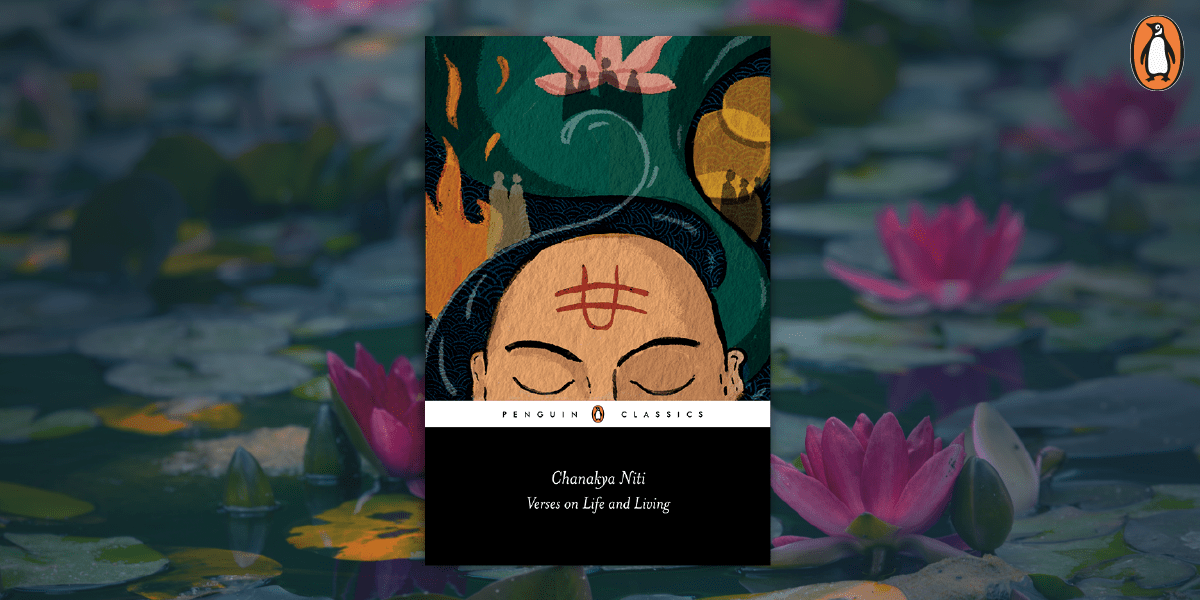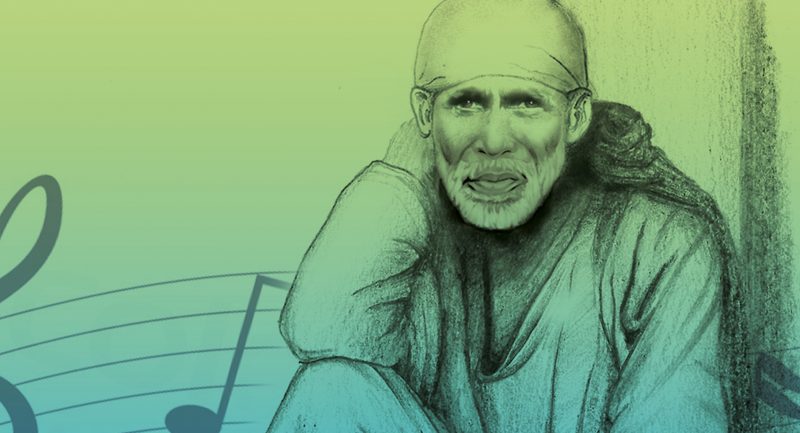
The names Kautilya and Chanakya, representing the same personage, are an integral part of history from the period when Mauryan Emperor Chandragupta reigned over India. Kautilya is well known as the author of the seminal Indian treatise on politics, administration, diplomacy and war called Arthashastra. But it is the vast collection of aphoristic sayings in Sanskrit attributed to Chanakya, and therefore called Chanakya Niti, that have remained relevant and memorable over the centuries.
What is that wisdom which has enabled Chanakya’s verses of observation and advice to keep the place of honour in the oral tradition of India even as these have been lauded across the world in various translations?
Chanakya lures us in with one of his introductory verses:
With perusal of these precepts,
the best of men will understand
the famous teachings on true duty,
on good and bad, on what to do or not.
Read on for 7 nuggets of worldly wisdom from Chanakya Niti–
- Chanakya warns against errors of judgement in choosing that which offers immediate succour over learning and values that may carry one through life and beyond.
One who discards the permanent,
and pursues just the transient—
the first values are by him destroyed,
the second perish in any case.
- The wise one who rose above his poverty and physical appearance to make himself indispensible to the ruler reminds us to see value in all things.
Nectar seek, even from poison,
gold even from excrement,
knowledge even from one base,
and the girl that is a gem, even from a family low.
- Experienced in the ways of the world, Chanakya exhorts man to speak in a measured way and reveal only what is necessary and conceal that which is yet incomplete.
Some work considered in the mind,
when speaking do not public make,
just think about it privately,
till it is indeed accomplished.
- Befriending one who has revealed his base nature can lead man down the road of misery. Being a keen observer of virtue, Chanakya reiterates the importance of keeping good company.
Wicked, and badly behaved,
he lives ill, casts evil looks—
one who makes of such a person
a friend will soon get destroyed.
- Pouring his enlightened self into a verse that is as simple as it is deep, Chanakya shares a core fact of existence in a way that equalizes all distinction.
Which family is free of faults,
which person has not suffered disease,
who has not faced adversity,
whose happiness is permanent?
- Mature and learned as he was, the great teacher Chanakya shares a lesson in moderation.
For beauty great was Sita seized,
Ravana slain for too much pride,
for giving too much was Bali bound—
as such, always, excess avoid.
- In an unforgettable verse that showcases him as the shrewd master of politics, Chanakya hints at the perils of walking the straight line in a crooked world.
Too upright, straight, one should not be,
go to the forest and there see:
straight trees cut down repeatedly,
while standing stays the crooked tree.
It is perhaps his ability to dig into the depth of human nature and tease out the knotted truths of human behaviour that has kept Chanakya alive for Modern India to engage with.
Haksar writes, ‘Overall, it is both their meaning and their style that has made the Chanakya verses so memorable for so long.’
Translated from the original Sanskrit by A.N.D. Haksar, read Chanakya Niti for more wisdom!









